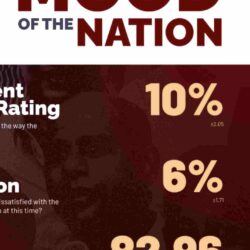July 10, 2018 (LBO) – Sri Lanka’s current exporter registration process is unnecessarily lengthy, inefficient and unduly burdensome especially for Small and Medium Enterprises (SMEs), a recent study has found.
According to the main findings of a study conducted by Verité Research shows that many of these unnecessary steps cannot be justified on a rational basis.
These steps stem from fulfilling the requirements of the registration process at the Export Development Board (EDB) which enables businesses to export.
Registration with the EDB is also a prerequisite for registration with two other government agencies that are central to the export process: the Inland Revenue Department and Sri Lanka Customs.
The policy note finds that although the current registration process was introduced with the intention of identifying and supporting new exporters, its execution severely impedes the achievement of this goal.
“These lengthy, inefficient and burdensome processes result in more hindrance than assistance to SMEs that are more in need of government assistance than larger firms to enter international markets,” the study highlighted.
The present government in its vision statement targets to double the current value of exports to 20 billion US dollars by 2020.
“Rules and regulations that are burdensome and lack a clear rationale serve to discourage businesses from exporting, and therefore undermine the objective the government aims to achieve.”
The study concluded that the government may benefit from re-evaluating this process to identify how it can be made simpler and more effective in achieving its objectives.
Read full study report here.
Taken from LBO
Last modified: April 1, 2024












